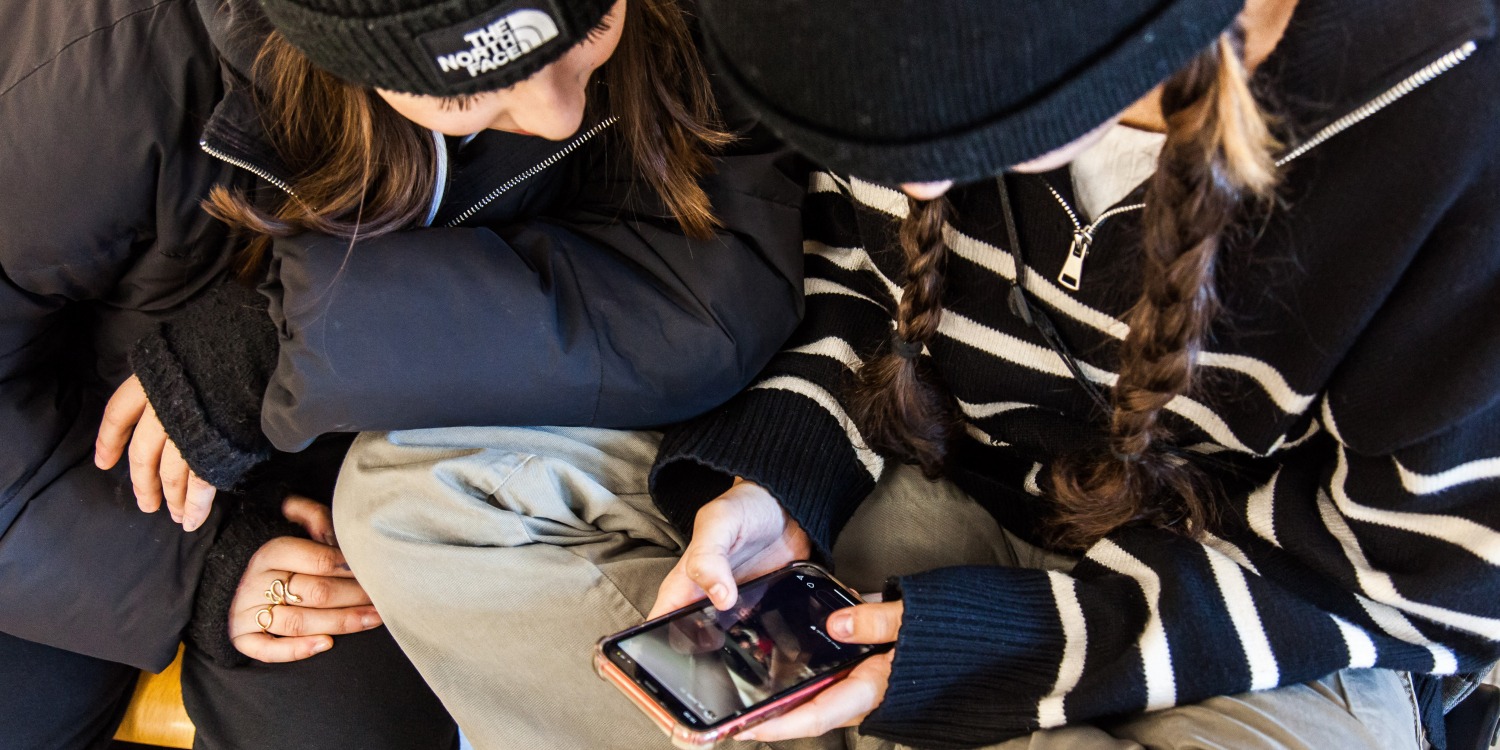EE, one of Britain’s leading mobile phone operators, has warned in a guide published on Sunday that parents should not buy smartphones for children under 11, in order to “protect children in the digital world”. Nearly a quarter of five- to seven-year-olds in the UK have a smartphone, according to research by media regulator Ofcom published in April.
According to EE, a subsidiary of British phone group BT, children under 11 should not have phones that allow them to access the internet and social networks, but should have “limited capacity devices” that can only send texts and calls.
Parental controls must be enabled until the age of 16.
Young people under the age of 13 should have limited access to social networks, say EE advocates. Their parents should install controls to monitor screen time and app usage and set time limits for certain apps. Parental controls should be activated up to the age of 16, depending on the operator. This would make it possible, in particular, to manage access to inappropriate websites, content and platforms.
The recommendations are aimed at “protecting children in the digital world,” says EE, which will not limit its smartphone sales based on age. The company wants to help parents “make the best choices for their children,” says Matt Sears, EE’s director of corporate affairs. There is a lively debate in the UK about how to regulate children’s and teenagers’ access to technology and smartphones.
In May, MPs on the House of Commons education committee said the government should consider a complete ban on smartphones for under-16s. But the prime minister Keir Starmer, a father of two teenagers, ruled out a ban on phones for under-16s in July, saying: “I don’t think it’s a good idea,” and instead suggesting “better protections”.

“Devoted gamer. Webaholic. Infuriatingly humble social media trailblazer. Lifelong internet expert.”





